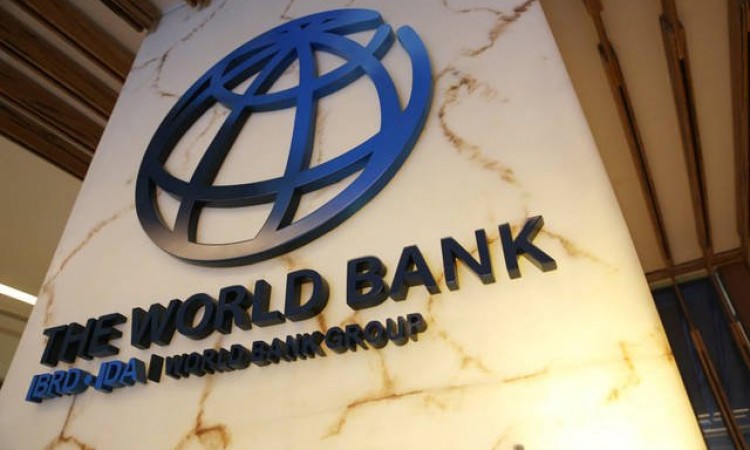World Bank report: Bosnia and Herzegovina’s continued progress requires more economic and energy reforms

Bosnia and Herzegovina has made significant development progress over the past two decades, particularly in transitioning to an upper-middle income status and becoming a candidate for the European Union. To continue on this path of growth, the country needs structural economic and energy reforms, as well as improved coordination between all levels of governments in BiH, according to the latest comprehensive economic analysis prepared by the World Bank.
The World Bank's latest Country Economic Memorandum highlights Bosnia and Herzegovina's transition to industry and services for employment while maintaining responsible fiscal policies that have kept public debt at relatively low levels. Additionally, the country has made significant progress in reducing its external current account deficit, which fell to a record low of 2.5 percent of GDP in 2021.
However, Bosnia and Herzegovina still faces challenges as its cumulative real GDP growth lags behind that of its regional peers, and living standards are at about one-third of the EU average. The report emphasizes the urgency for profound structural reforms to bolster growth and progress towards becoming a fully functioning market economy, as well as achieving EU membership.
"The World Bank is committed to supporting Bosnia and Herzegovina in promoting resilient and green growth while aligning with EU standards,” stated Christopher Sheldon, World Bank Country Manager for Bosnia and Herzegovina and Montenegro. “We believe that this report will serve as a valuable resource for policymakers, as it provides actionable strategies to effectively address challenges and unleash the country's untapped economic potential.”
According to the report, reforms and further progress are needed across five strategic areas: Sound macroeconomic management and digitalization, labour market development, unleash firms’ productivity potential, ease access to finance, and enhance competitiveness through energy and extraction policies.
Concrete measures recommended under these areas aim to improve fiscal policy dialogue, increase efficiency and productivity in firms, promote business entry, and facilitate exports to the EU.
The upcoming European Union's Carbon Border Adjustment Mechanism (CBAM) is expected to have a significant impact on Bosnia and Herzegovina’s exports, particularly in sectors reliant on coal and high carbon emissions. This underscores the urgency of transitioning towards renewable energy and aligning with international standards to enhance competitiveness.
Aging workforce dynamics and slowing productivity further underscore the need for comprehensive labor market reforms. Initiatives such as targeted social transfers, gender equality policies, and private sector support are crucial for fostering economic dynamism and inclusivity.
"Bosnia and Herzegovina has made progress in part thanks to the implementation of effective fiscal policies and prudent macroeconomic management," said Tihomir Stucka, World Bank Senior Economist and co-author of the report. “However, underlying challenges persist, and require implementation of comprehensive economic and energy reforms, which will not only address immediate issues but also lay the foundation for long-term robust growth.”
According to the report, to fulfill the aspirations of the people of Bosnia and Herzegovina, governments at all levels need to work together to achieve common goals, delivering a common reform agenda that expands economic opportunities for the country. The engagement of stakeholders beyond governments, including the private sector, and civil society, is vital for crafting and implementing effective policies.
The Country Economic Memorandum was prepared in collaboration with governments in Bosnia and Herzegovina and other key stakeholders.
Kakvo je tvoje mišljenje o ovome?
Učestvuj u diskusiji ili pročitaj komentare





 Srbija
Srbija
 Hrvatska
Hrvatska
 Slovenija
Slovenija



























































